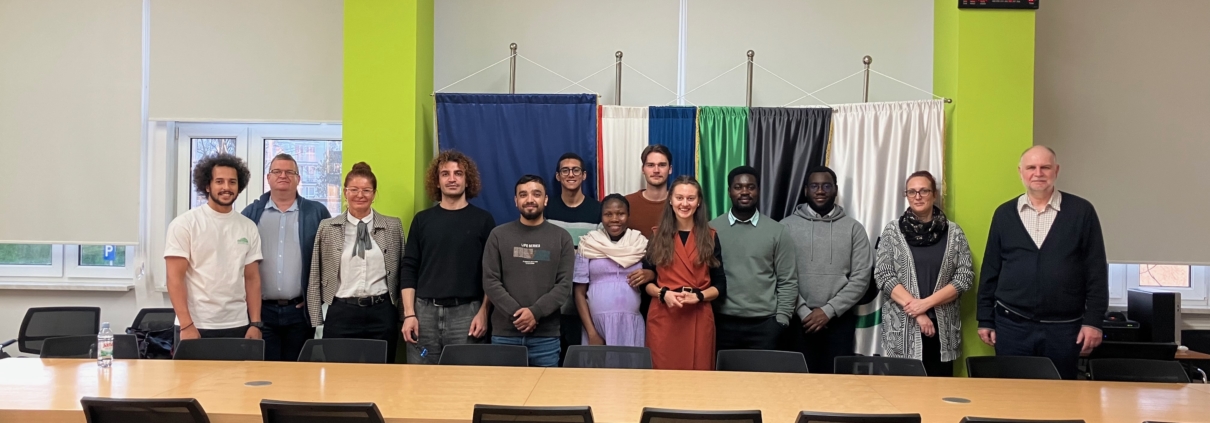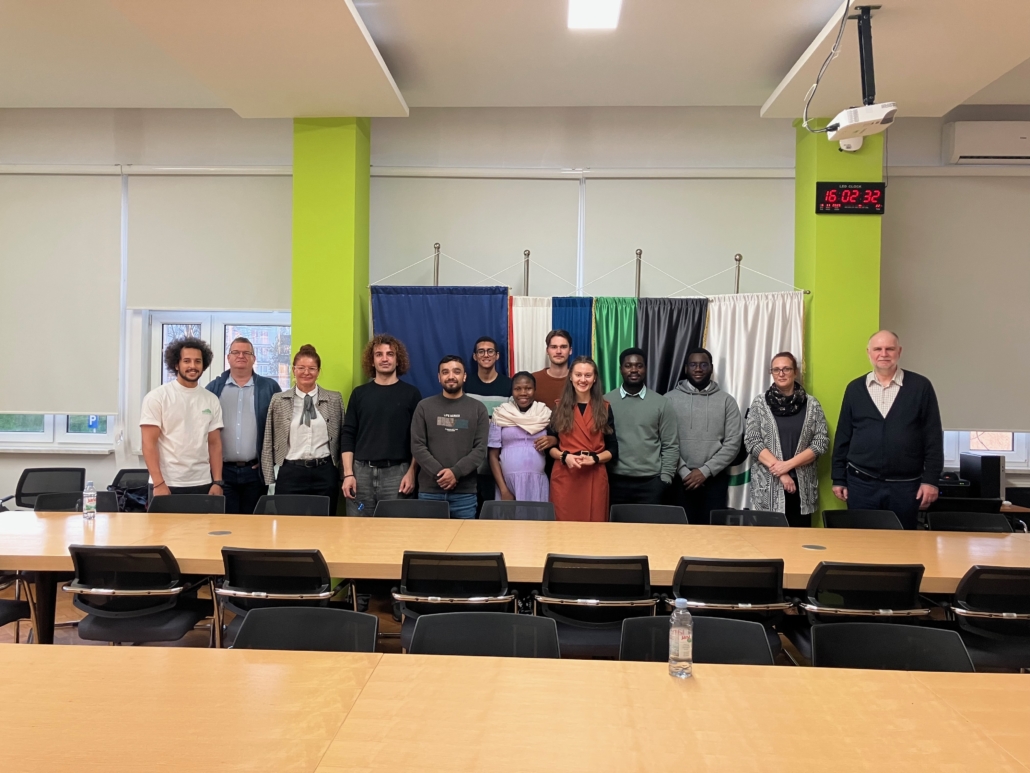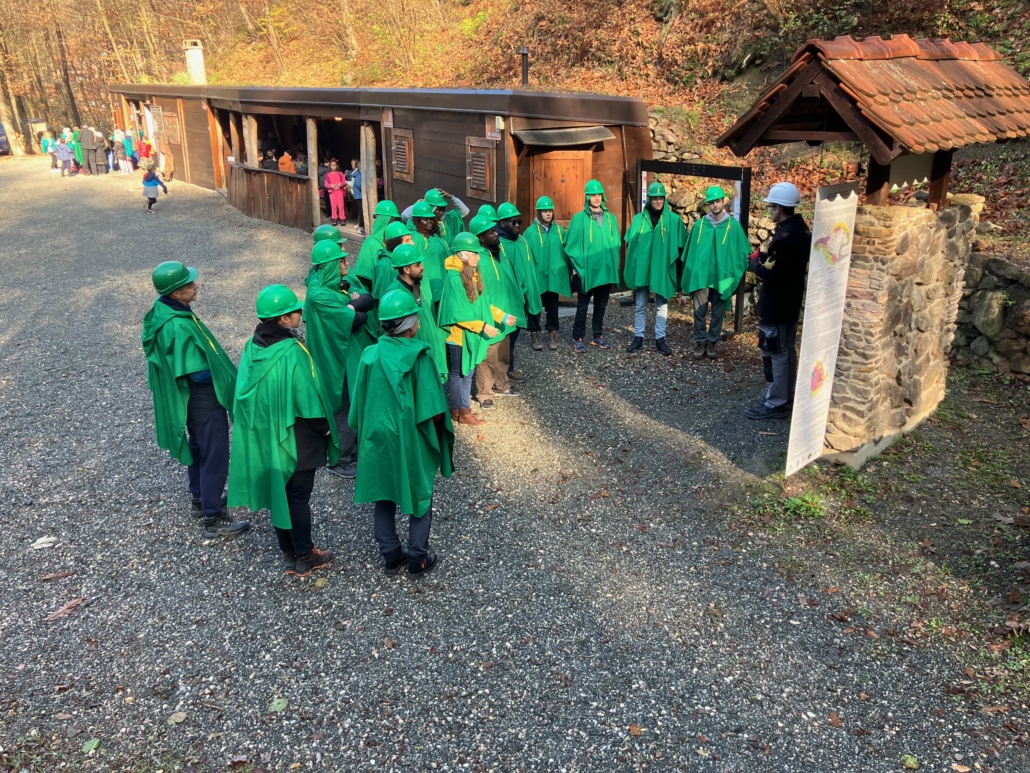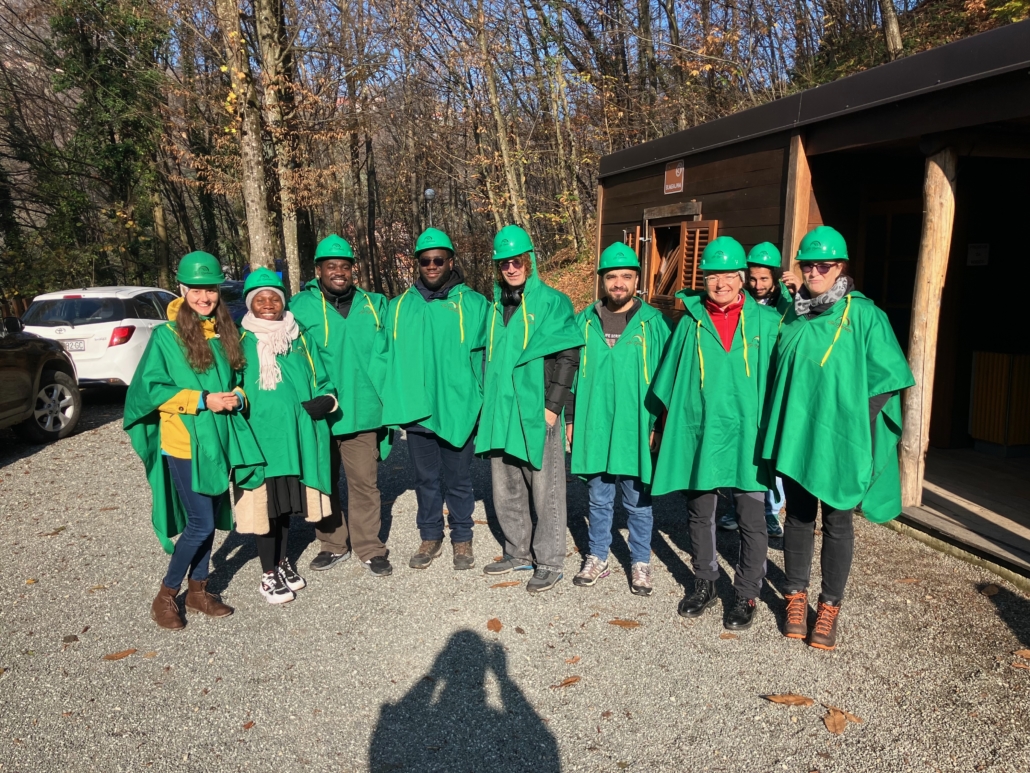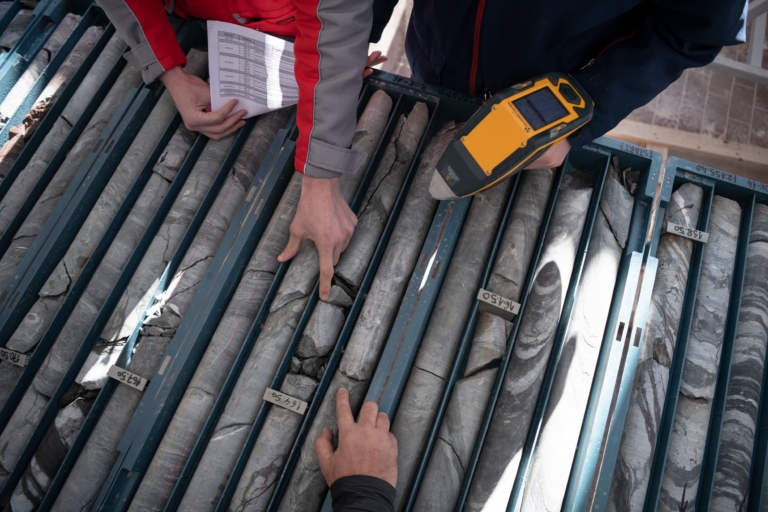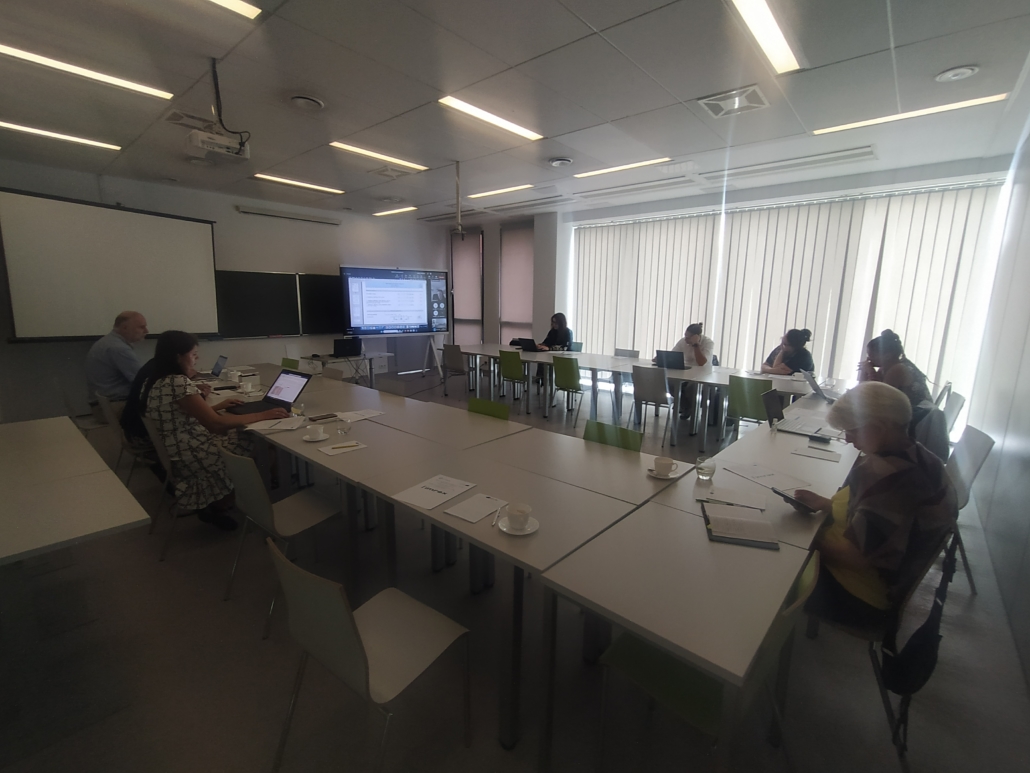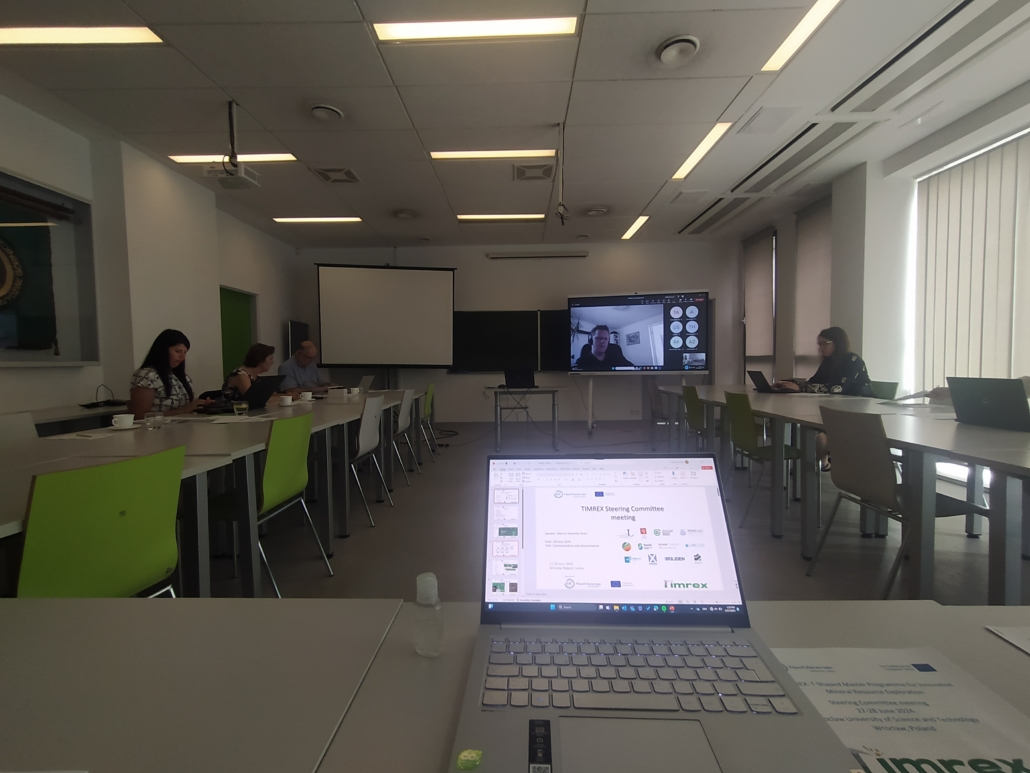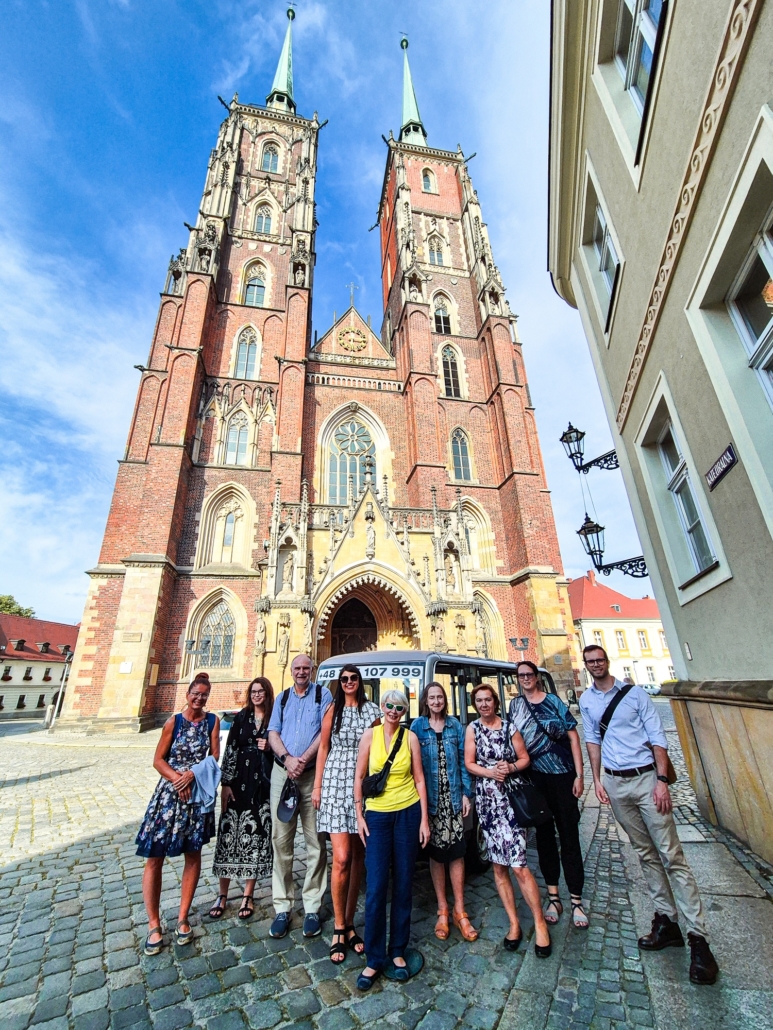The Next Generation Explorers Award (NGEA) organized by the Prospectors and Developers Association of Canada (PDAC) is one of the most prestigious global open challenges for geoscience university students, in the field of mineral exploration. The task is to transform datasets into their interpretation of the subsurface geology and mineralisation targets. Finalist teams are invited to the PDAC Convention in Toronto to present their results.
For the NGEA 2026 challenge, the joint team of the University of Miskolc, Hungary and Wroclaw University of Science and Technology, Poland has been selected among the six teams which will present their results on 2 March, during the PDAC Convention in Toronto, Canada.
The Rockers Team is composed of eight international students: two of them are from the TIMREX European joint master programme and six are Stipendium Hungaricum / SCYP scholars at the University of Miskolc. The team was working on the Tellus geochemical-geophysical database and developed a solution where deep learning meets geoscience. This work was an integration of CNN, AHP, and multisource data for mineral prospectivity mapping of Irish-type deposits in the Republic of Ireland.
See more information here: https://pdac.ca/convention-2026/programming-2026/student-early-career-program-2026/next-generation-explorers-award-ngea-finalist-presentations-2026

